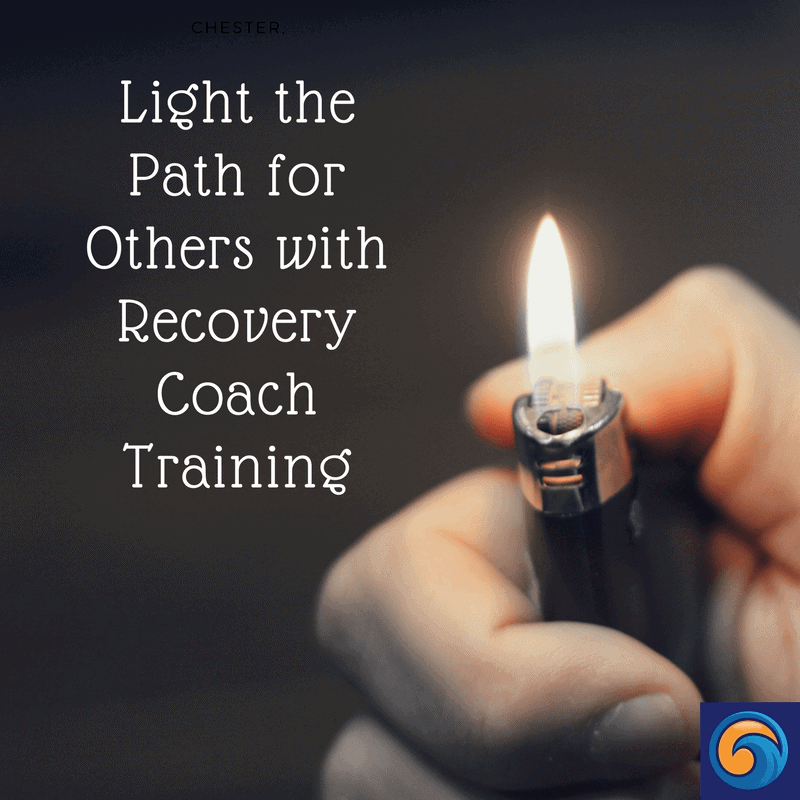Recovery coach training prepares you to help rehabilitate others and land on their feet after overcoming a battle with addiction. You will help them prepare and anticipate future cues that may trigger them to relapse. Your success will depend on your ability to form relationships and the experience you possess either personally or professionally.
You will serve as an advocate for your clients. A balance must occur between being supportive and empowering your clients to advocate on their behalf. Self-advocation can be a challenge for an individual in recovery as their attention must be toward managing their addictive personality.
As a recovery coach, you will also work closely with the family as it can be imperative that the patient receives and develops a support network. The relationship between family members may be damaged due to the addiction. Therefore, as a coach, you will help members to improve upon their communication skills to reduce the likelihood of a relapse. Communication is also critical to the development of the support network.
What to Expect During Recovery Coach Training
Recovery coach training teaches you a variety of skills so that you feel comfortable serving as a resource for those in recovery. The training program will entail lessons designed to teach coping skills and other life skills to prevent a potential relapse. As a coach, one of your responsibilities is to help others by establishing goals and assist them in the pursuit of goal attainment. You will learn to identify good community support programs that you can recommend. You will aide patients by assisting them in gaining access to available support programs. Recovery coach training involves a basic understanding of pharmacology or how individuals respond to certain drugs. Nutrition knowledge will also be an additional lesson to prepare you to ensure patients obtain a mind and body balance necessary for improving personal well-being.
Not that clients will not always be open and welcoming of your efforts. Therefore, recovery coach training will include a component of identifying defense mechanisms. You will learn to break through this barrier so that you can make a difference.
How to Choose a Recovery Coach Training Program
Begin by searching for potential programs. Pay attention to the educational cost of the program. The cost may be a deciding factor and help you eliminate offerings and reducing the list to a select few. You should also make notes about the requisite qualifications of each program as it may differ from program to program. Next, reviewing the credentials of the organization behind the recovery coach training.
Applying for State Licensure upon Completion of Your Training
Congratulations, you have now earned your certificate to become a recovery coach. Keep your certification close as you will need it when filling out your job applications. Begin by applying for state certification where you live as it is a prerequisite. Requirements vary by state but may include a designated number of practice hours. You may find it useful to do some volunteer work initially to get your foot in the door. Places you should consider looking for a job include recovery community organizations. Upon meeting the state demands, you can apply for your state licensure. Many states will have a renewal clause for your ongoing practice so you will need to be aware of your dates.
Resources
Enough Already! 4 Reasons to Use Life Counseling Services
